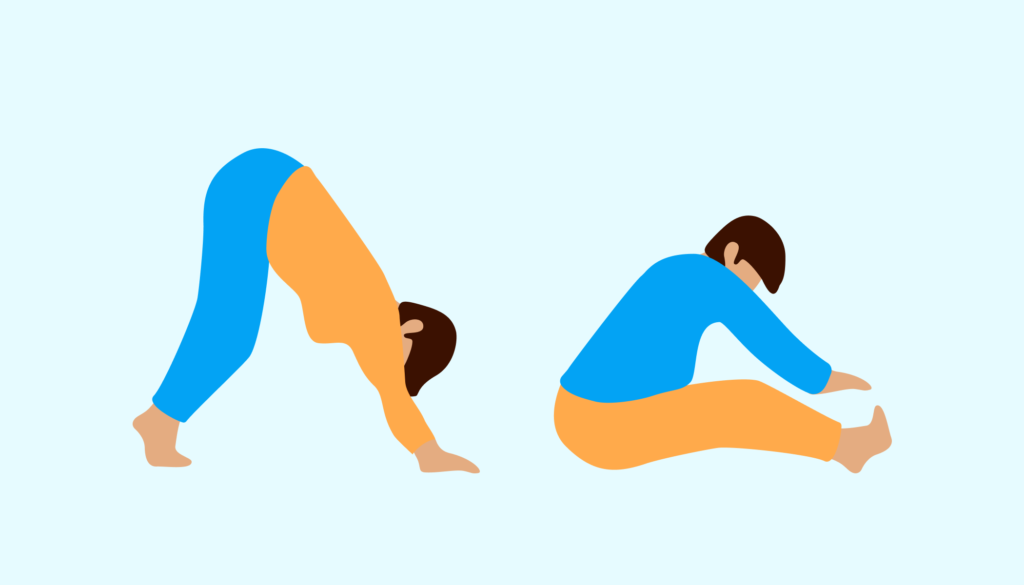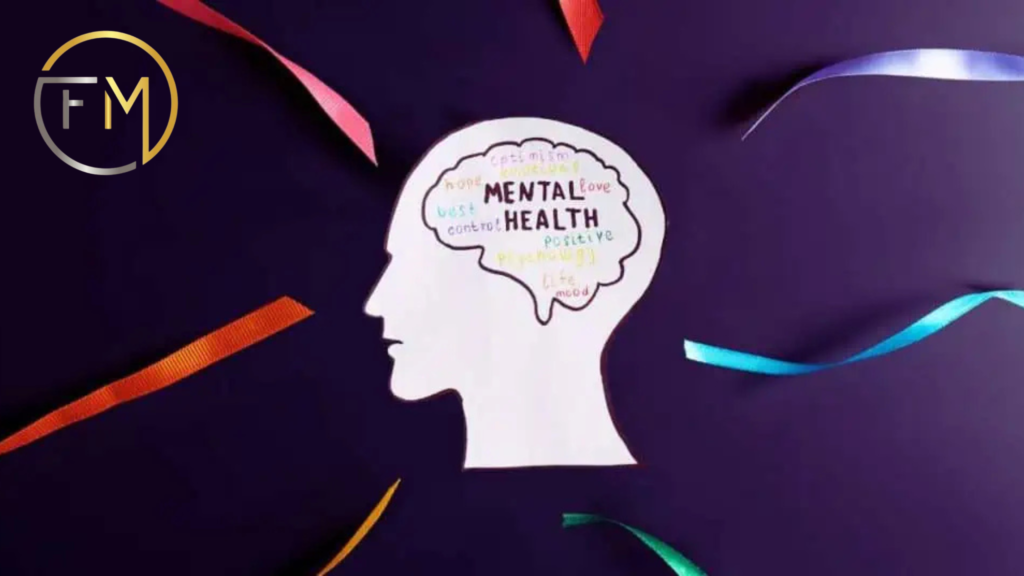Physical fitness plays an essential role in overall wellness, impacting not only the body but also the mind. Mental health, a key aspect of well-being, is closely connected to one’s physical condition. Scientific research consistently supports the profound impact that exercise has on cognitive function, mood regulation, and stress management. Incorporating fitness into daily life fosters emotional resilience, alleviates symptoms of mental disorders, and promotes a sense of well-being.
This article will explore how physical activity influences mental well-being, shedding light on the mechanisms behind this relationship and providing practical ways to integrate fitness into routines for optimal mental health outcomes.
Understanding the Mind-Body Connection
Human physiology and psychology are intricately linked, with physical health directly affecting mental states. For centuries, this mind-body connection has been a subject of interest in both medical and psychological fields. Exercising stimulates the production of neurotransmitters and hormones responsible for regulating mood, such as serotonin, dopamine, and endorphins. These chemicals play a pivotal role in maintaining emotional stability and cognitive functions.
Physical fitness also enhances brain plasticity, supporting memory, learning, and concentration. Engaging in regular exercise helps improve attention span, increase cognitive flexibility, and slow the progression of age-related cognitive decline. Such benefits underscore the importance of integrating physical activities for a balanced mental health regimen.
Physical Fitness as a Stress Reliever

Stress manifests in various forms, often taking a toll on both mental and physical health. People under chronic stress are more likely to experience anxiety, depression, and burnout. Engaging in regular physical activity serves as a natural outlet for stress. Exercise reduces cortisol, the hormone associated with stress, and simultaneously increases endorphin levels, which promotes relaxation and an improved mood.
Cardiovascular exercises such as running, cycling, or swimming are particularly effective in managing stress. These activities help to elevate heart rate, which in turn stimulates the release of stress-relieving hormones. Even low-intensity workouts like yoga or tai chi have shown tremendous mental health benefits due to their focus on breathing and mindfulness, fostering a state of calm and mental clarity.
Combatting Depression and Anxiety Through Exercise
Depression and anxiety are two of the most common mental health disorders globally, affecting millions of people each year. Exercise has emerged as a powerful complementary treatment for managing these conditions. Studies have demonstrated that people who engage in regular physical activity experience fewer symptoms of depression and anxiety compared to those who lead sedentary lifestyles.
Exercise induces changes in the brain, such as increased levels of brain-derived neurotrophic factor (BDNF), a protein that helps repair and protect brain cells. It also promotes neural growth and reduces inflammation. People suffering from depression often have lower levels of BDNF, so exercising can reverse some of these biological imbalances, contributing to improved mental health.
Aerobic exercises like brisk walking, jogging, or dancing have been found particularly effective for mood enhancement. Strength training, on the other hand, helps in building self-esteem and confidence, which can counter the negative self-perception often associated with anxiety.
Improving Sleep Quality
Sleep is essential for maintaining a stable mental state. Poor sleep quality can lead to irritability, cognitive decline, and an increased risk of mental disorders such as depression or anxiety. Engaging in physical fitness, particularly in the form of moderate aerobic exercises, has been proven to improve sleep duration and quality. Individuals who exercise regularly fall asleep faster, experience deeper sleep, and wake up feeling more refreshed.
Physical activity enhances sleep by regulating circadian rhythms and reducing stress hormones that interfere with sleep cycles. Activities like stretching, yoga, or light jogging help relax the body, making it easier to wind down at the end of the day. Better sleep contributes to emotional stability, sharper mental clarity, and an overall boost in mental health.
Enhancing Social Interaction and Emotional Support
Group fitness activities create opportunities for socialization, a factor that significantly influences mental health. Social interaction acts as a buffer against feelings of loneliness and isolation, which are risk factors for developing mental disorders. Joining group classes, sports teams, or fitness communities provides a sense of belonging, support, and accountability that boosts emotional well-being.
Humans thrive on connection, and exercise serves as a catalyst for building relationships. Whether through a simple gym workout buddy system or a larger fitness group, the sense of camaraderie fosters a positive environment where people feel emotionally supported. This network can prove crucial in maintaining motivation, which is especially important for individuals struggling with their mental health.
Building Self-Esteem and Confidence
Mental health is closely tied to self-esteem, which is the perception of one’s value and worth. Low self-esteem often accompanies mental health challenges like depression and anxiety. Engaging in fitness programs can significantly boost confidence levels. Reaching fitness goals, whether through weight loss, strength gains, or endurance improvement, reinforces a sense of achievement and self-worth.
Physical changes resulting from consistent exercise, such as improved muscle tone or better posture, lead to a more positive self-image. Furthermore, learning new skills, such as mastering a sport or improving running speed, provides a sense of competence and personal empowerment. This newfound confidence extends beyond physical appearance, influencing how individuals perceive themselves in other aspects of life.
The Role of Endorphins in Mood Regulation
Exercise-induced endorphin production plays a significant role in improving mental health. Endorphins, known as the brain’s “feel-good” chemicals, are neurotransmitters that act as natural painkillers and mood elevators. Activities like running, swimming, or cycling stimulate endorphin production, leading to what is commonly referred to as the “runner’s high.”
These neurochemicals reduce pain, increase pleasure, and create an overall sense of well-being. Consistent exercise helps individuals manage mood swings, reduce irritability, and maintain emotional balance. The endorphin release also helps manage chronic pain, which can otherwise exacerbate mental health conditions.
Reducing Cognitive Decline
Mental health involves not only emotional well-being but also cognitive function. Aging naturally leads to cognitive decline, impacting memory, attention, and reasoning. Exercise has been shown to slow the rate of cognitive decline and reduce the risk of neurodegenerative disorders like Alzheimer’s disease and dementia.
Activities such as walking, cycling, or strength training stimulate the production of BDNF, which supports the health and growth of neurons. This boost in neural activity enhances memory, learning capacity, and overall cognitive sharpness. Additionally, fitness routines that incorporate brain-challenging elements, such as dance choreography or agility exercises, enhance coordination and mental processing.
Fitness and Emotional Resilience

Mental health is characterized by one’s ability to cope with stress, adversity, and life challenges. Exercise fosters emotional resilience, which refers to the capacity to bounce back from negative experiences. Physical activity trains the mind to persist through discomfort, overcome physical challenges, and achieve personal goals. These experiences translate into emotional resilience by building a mindset of perseverance.
Emotional resilience is crucial for managing everyday stress, preventing burnout, and handling major life events such as grief, trauma, or significant change. Individuals who maintain a regular fitness routine are better equipped to cope with these emotional strains, as they have developed both physical and mental endurance.
Choosing the Right Type of Exercise for Mental Health
Not all forms of exercise provide the same mental health benefits, so it is important to choose activities that align with individual preferences and needs. Cardiovascular exercises, such as running, cycling, or swimming, offer significant mood-enhancing benefits due to their impact on the cardiovascular and respiratory systems. These activities increase oxygen flow to the brain, improve circulation, and promote the release of mood-boosting endorphins.
Strength training is another powerful tool for mental health improvement. Lifting weights or engaging in resistance exercises builds physical strength, which translates to greater confidence and self-esteem. Strength training also enhances cognitive focus and can be particularly beneficial for individuals struggling with attention or concentration issues.
Mind-body exercises like yoga, tai chi, or Pilates combine physical movement with mindfulness practices. These activities emphasize breathing, relaxation, and balance, making them highly effective in reducing anxiety and promoting relaxation. The mental focus required in these practices also fosters self-awareness and emotional regulation.
Practical Tips for Incorporating Fitness into Daily Life
Maintaining a consistent fitness routine does not require a gym membership or extensive workout equipment. Simple lifestyle changes can make a significant difference in mental well-being. For those new to exercise, starting with short, daily walks can improve both physical fitness and mental clarity. Incorporating stretches, bodyweight exercises, or light yoga into a morning or evening routine provides a sense of accomplishment and relaxation.
Setting realistic goals is crucial to maintaining motivation and preventing burnout. Breaking exercise into smaller, manageable segments throughout the day, such as 10-minute workouts, helps make physical activity feel less overwhelming. Finding activities that bring joy, whether it’s dancing, hiking, or playing a team sport, ensures long-term commitment.
Accountability partners, such as friends or family members, can help maintain consistency. Joining group fitness classes or signing up for virtual workouts creates a supportive community that motivates individuals to stay active.
Conclusion
Physical fitness is not only vital for maintaining a healthy body, but it also has profound effects on mental health. Regular exercise promotes emotional well-being, reduces symptoms of anxiety and depression, enhances cognitive function, and improves sleep quality. Through the release of mood-regulating chemicals like endorphins, exercise supports emotional resilience and helps individuals manage stress effectively.
Integrating physical fitness into daily routines can create lasting positive changes in both body and mind. Whether through aerobic workouts, strength training, or mindful movement practices, the connection between physical fitness and mental health remains undeniable, offering a holistic approach to achieving balance and well-being.


